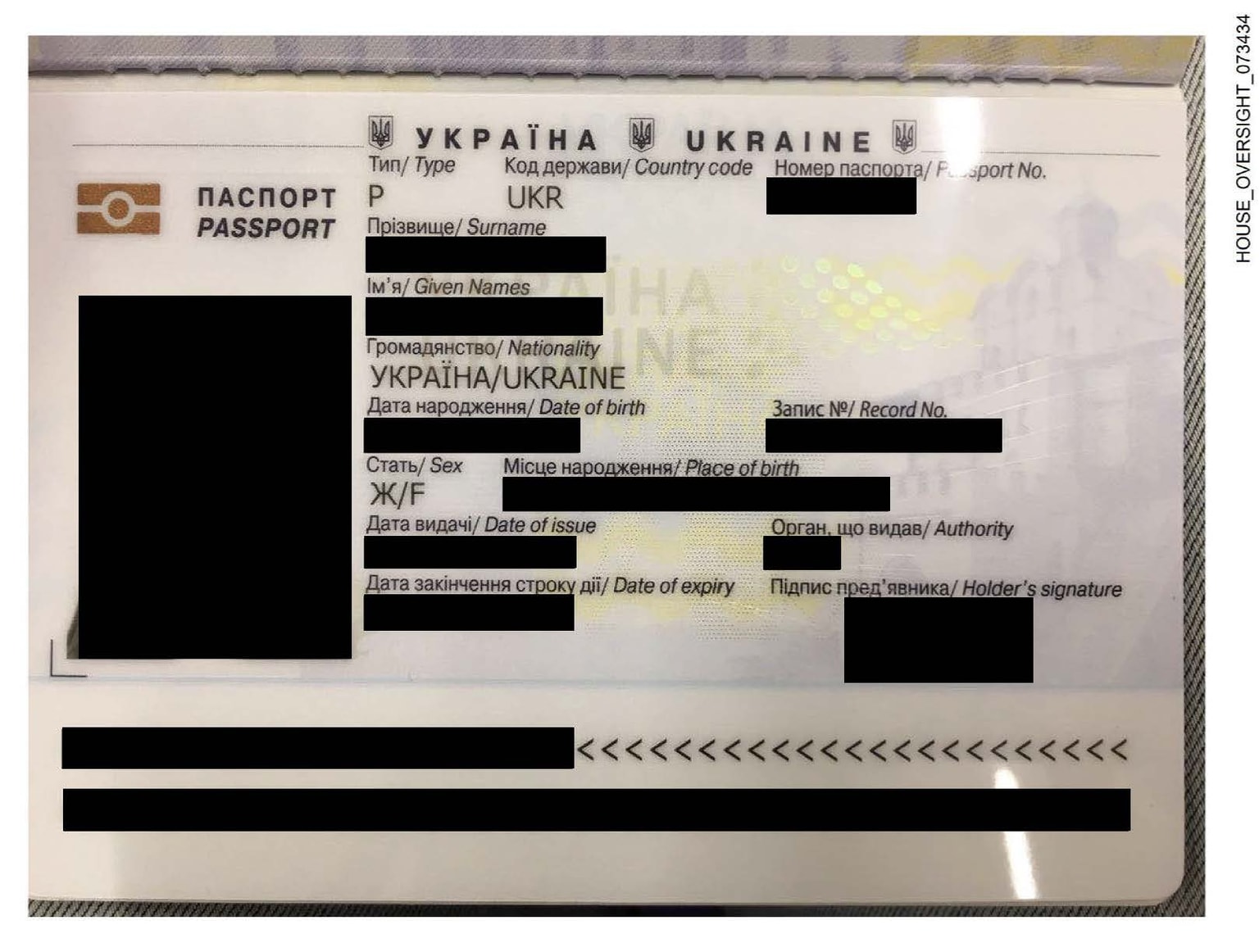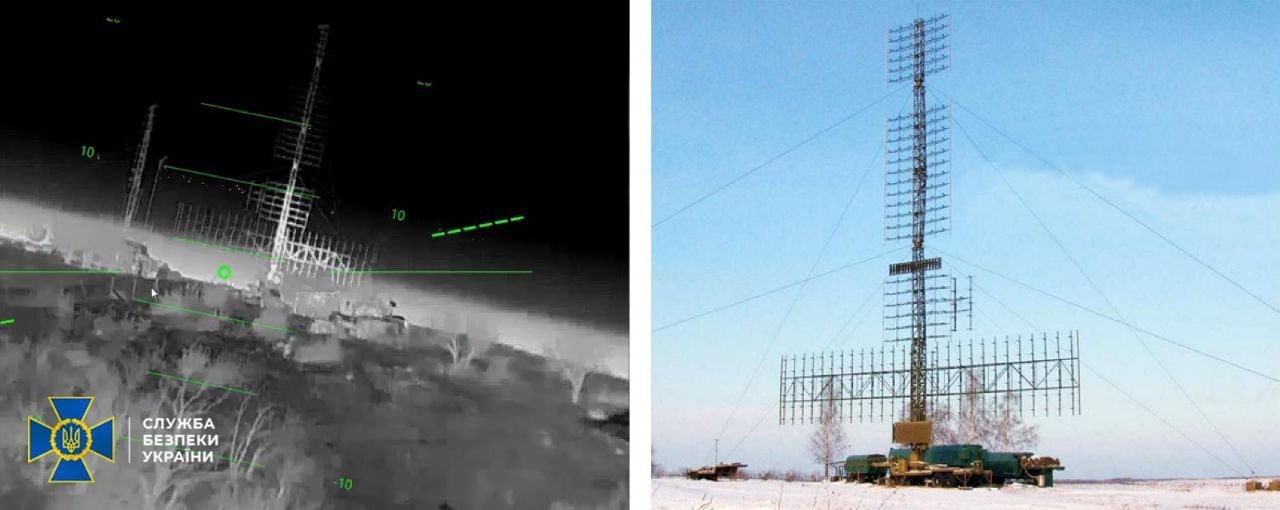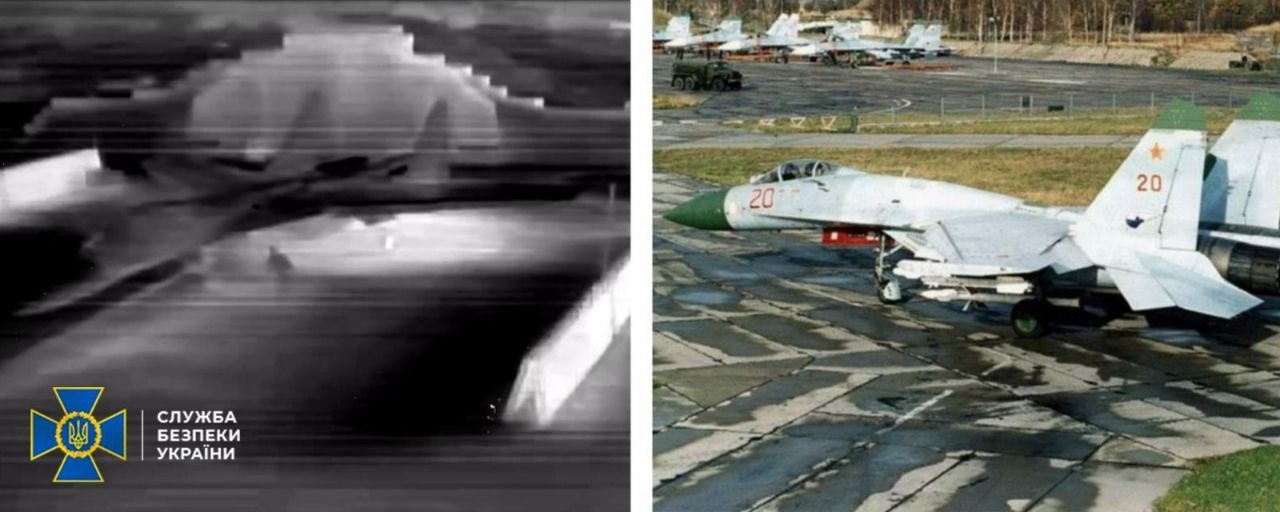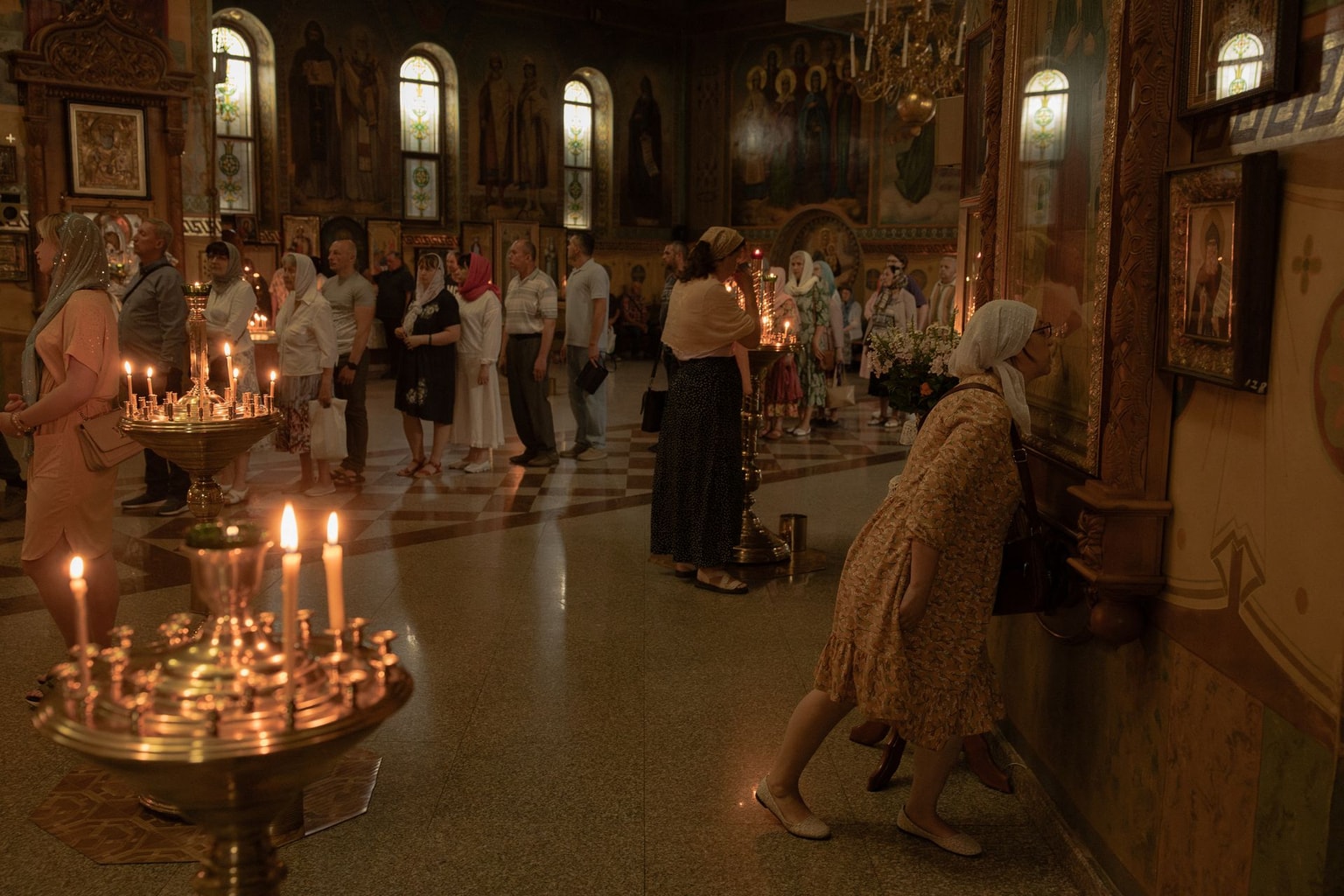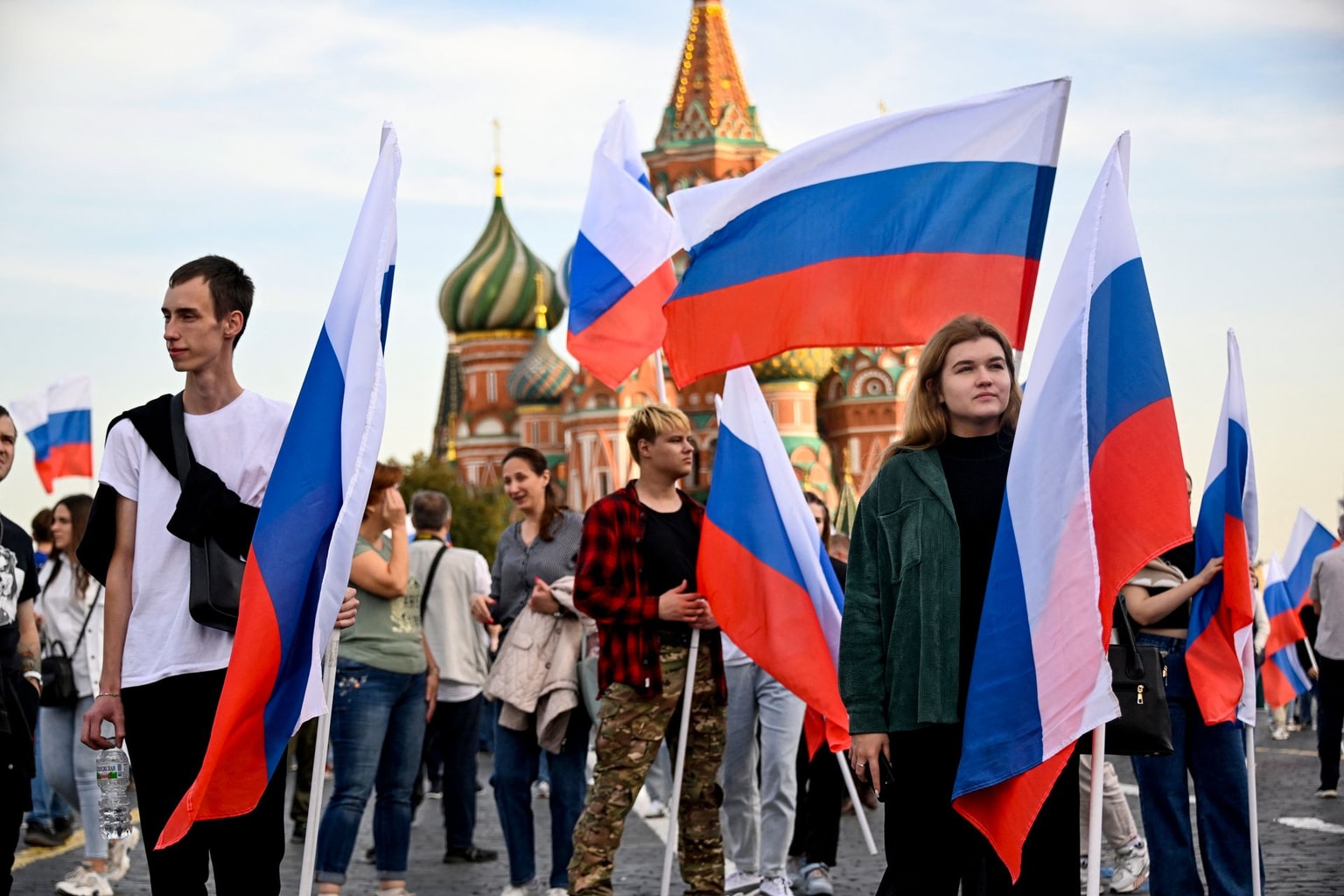Alexander Query: Macron’s ill-timed bluff puts Ukraine at risk (op-ed)
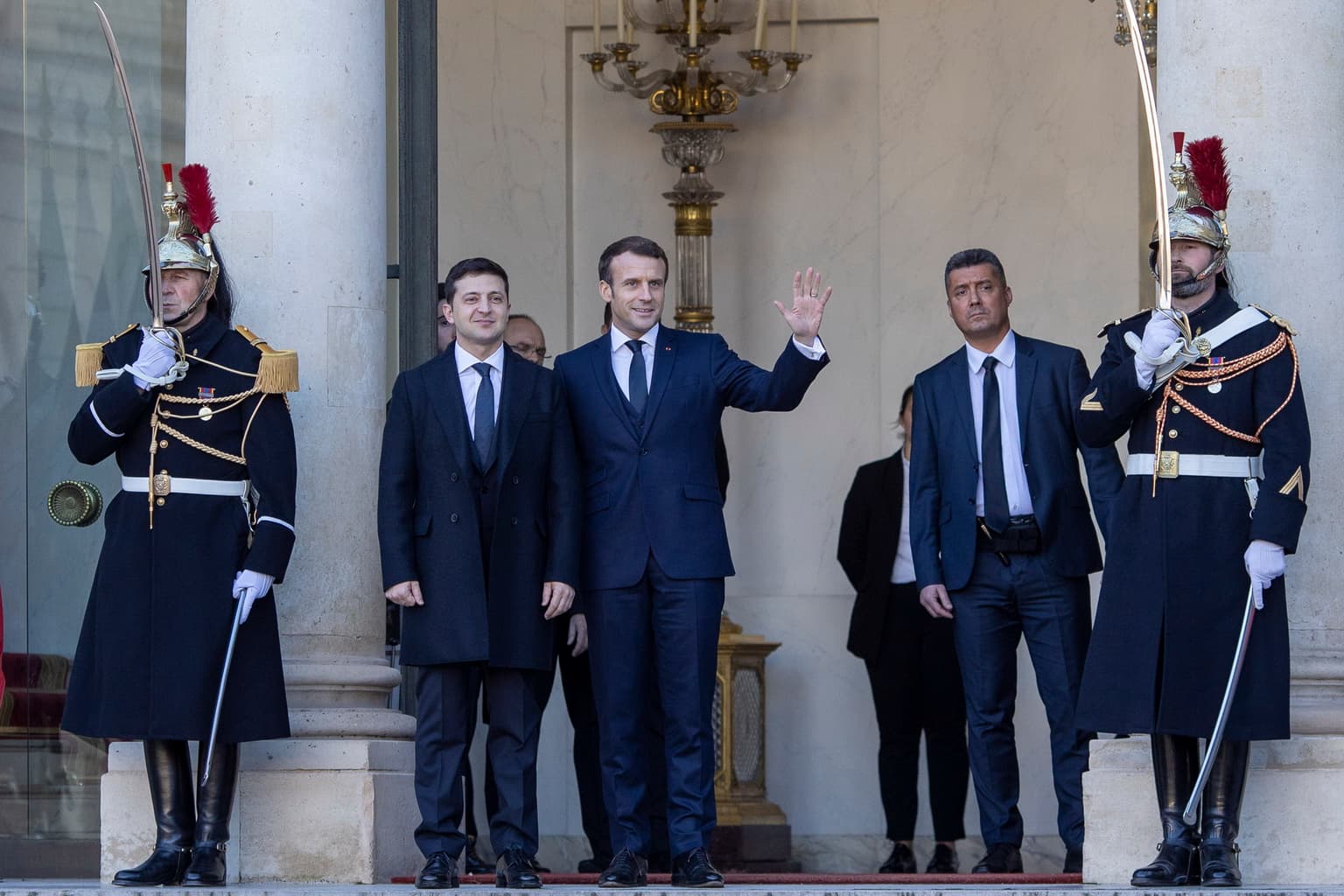
Editor’s Note: The opinions expressed in the op-ed section are those of the authors.
The French habit of being fashionably late is at best irritating, at worst dangerous when war is at stake.
In his address to the European Parliament on Jan. 19, Macron urged the European Union to forge its own security pact with Russia, at the expense of U.S. and NATO calls for a united front to protect Ukraine.
He said EU countries need to build a new security framework that would require strategic rearmament and "frank and demanding" talks with Russia, as France starts its six-month presidency of the EU.
"We need to build it between us Europeans, share it with our allies in NATO, and propose it for negotiations with Russia," Macron said, calling for the EU to have its “own dialogue” with the Kremlin.
Macron's European ambitions are sincere, and he's been a staunch supporter of a powerful union since the first day of his presidential mandate.
But his smoke-and-mirrors comeback attempt on the diplomatic stage is an ill-timed, poorly conceived bluff. It's also hard to miss his other target, his own reelection campaign.
By trying to sabotage his political rivals for the French presidential elections in April, Macron shoots himself in the foot and jeopardizes the EU and Ukraine’s security, while pretending to defend it.
He is likely to face his long-time adversary in April, far-right leader Marine Le Pen, whose National Rally party boasts close links with the master of the Kremlin with whom she shares the same values.
Macron is trying to paint himself as the only candidate with international stature potentially able to speak with Russian President Vladimir Putin as an equal, but Russia openly despises the EU he represents, to the point of sidelining it from the negotiations since day one.
“I don’t even know how the EU sees its participation in the security negotiations,” Russia’s Foreign Minister Sergey Lavrov said on Jan. 14.
Macron’s attitude has always been ambiguous towards Russia, which means it’s hard to predict what kind of guarantee Paris will give to save its relationship with Moscow. Or, to put it differently, what will Macron allow Putin to do in Ukraine in exchange for direct access to Kremlin's office.
He has sought to improve relations with Putin since taking office in 2017, despite Russia’s heavy-handed meddling in social media against Macron in the previous elections.
Macron is falling into Putin’s trap, which aims to divide the West to play on each countries’ personal relationship with the Kremlin.
But he is also a strong advocate for a Europe that is capable of defending its own strategic interests and maintaining financial independence. There’s no doubt that Europe needs a cohesive strategy, but Macron jeopardizes months of diplomatic efforts.
The idea of a European defense looks good on paper, but here’s the rub: the European defense is primarily assured by the U.S.-led NATO military alliance, of which most EU states are members.
As a bloc, Europe doesn’t have an army, and turning its back to NATO would only weaken EU state members, especially in such a critical time.
It would take months, if not years to build it. France’s six-month presidency of the bloc won’t be enough, despite Macron’s promises to build a new "security framework in the next few weeks.”
It’s too little, too late. The clock is ticking, and time is a luxury Europe doesn’t have, as Putin keeps amassing soldiers at Ukraine’s borders, threatening the entire bloc’s stability.


